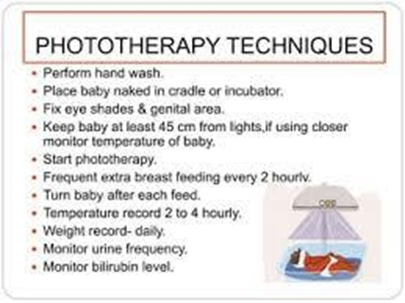A nurse is caring for a child who has epiglottitis due to an infection with Haemophilus influenzae type B. Which of the following actions should the nurse take? Select all that apply.
Inspect the epiglottis.
Obtain a throat culture.
Monitor oxygen saturation.
Begin droplet precautions.
Initiate IV access.
Correct Answer : C,D,E
A. Inspecting the epiglottis is contraindicated in suspected cases of epiglottitis as it may trigger laryngospasm and compromise the airway.
B. Obtaining a throat culture may be indicated to confirm the presence of Haemophilus influenzae type B but is not an immediate priority in the management of epiglottitis.
C. Monitoring oxygen saturation is crucial as respiratory distress and hypoxia are common complications of epiglottitis.
D. Beginning droplet precautions is important to prevent the spread of the infectious agent to others.
E. Initiating IV access is necessary for administering fluids and medications, as well as for potential airway management in severe cases of epiglottitis.
Nursing Test Bank
Naxlex Comprehensive Predictor Exams
Related Questions
Correct Answer is D
Explanation
A. Offering a prize for not crying may inadvertently suggest to the child that crying is expected and rewarded, potentially increasing anxiety.
B. This statement may not provide adequate information to the child about the procedure and may not alleviate anxiety.
C. While this statement attempts to minimize the sensation of pain, it may not provide enough reassurance or information about the procedure.
D. Allowing the child to choose which leg they receive the injection in empowers them and gives them a sense of control, which can help reduce anxiety and make the experience less stressful.
Correct Answer is C
Explanation
A. Checking the newborn's eyes every 8 hours is not directly related to the management of hyperbilirubinemia or phototherapy.
B. Placing mittens on the newborn's hands is not necessary for the management of hyperbilirubinemia or phototherapy.
C. Monitoring the newborn's temperature every 2 hours is important during phototherapy to prevent complications such as hypothermia or hyperthermia.
D. Applying lotion to the newborn's skin is not directly related to the management of hyperbilirubinemia or phototherapy.

Whether you are a student looking to ace your exams or a practicing nurse seeking to enhance your expertise , our nursing education contents will empower you with the confidence and competence to make a difference in the lives of patients and become a respected leader in the healthcare field.
Visit Naxlex, invest in your future and unlock endless possibilities with our unparalleled nursing education contents today
Report Wrong Answer on the Current Question
Do you disagree with the answer? If yes, what is your expected answer? Explain.
Kindly be descriptive with the issue you are facing.
